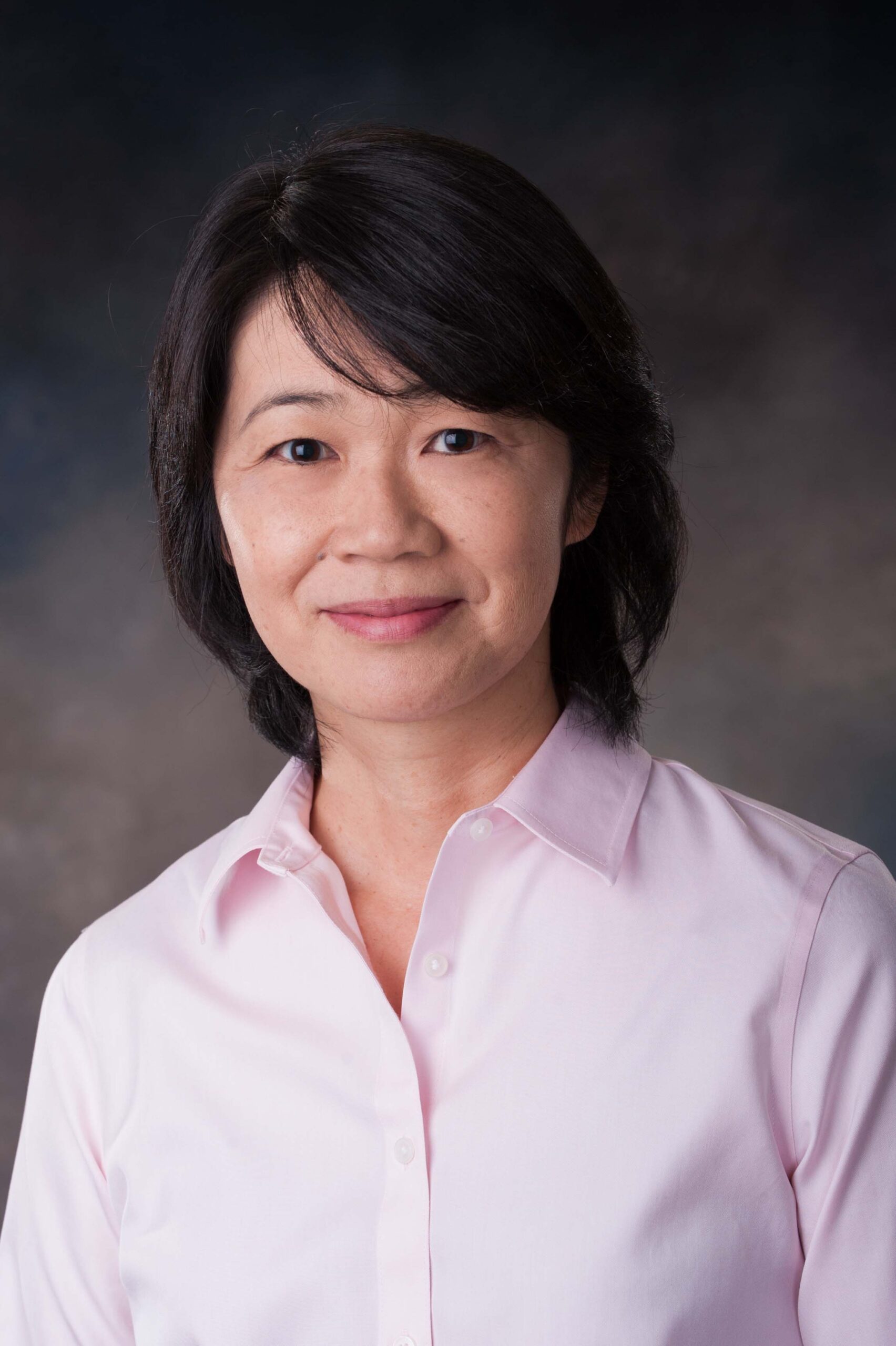If your life is in danger, call the police at 110

Kyoko Sonoda (M.A., LPCC, CPP)
Psychotherapist
Adult Individual & Couples Counseling / Adolescent and/or Families
Ms. Sonoda is a Certified Public Psychologist in Japan and bilingual in English and Japanese. She is a Licensed Professional Clinical Mental Health Counselor (LPCC) in the state of New Mexico, USA, and is also a USA National Certified Counselor (NCC). She obtained her master’s degree in counseling psychology and counselor education from the University of Colorado at Denver, USA in 2004. Ms. Sonoda currently accepts remote counseling clients only.
Her therapeutic approaches are integrative. Her clinical interests include trauma issues, grief and loss, depression, anxiety, cultural adjustment/ acculturation issues, identity issues, emotional regulation/anger management, parenting, and especially child abuse prevention and early intervention.
She has completed the “Stress-check Provider Training in Japan.” She has many experiences of giving trainings and workshops for companies on stress management, suicide prevention and postvention, communication skills, anger management, and work-place emotional safety. She also has presented about Adverse Childhood Experiences studies, effects of parental conflicts on children, child protection service system in Japan and neurological approached parenting skill training at universities, at international schools, and in community settings.
Outside of therapy, she enjoys cooking, dancing, and traveling.
